Can I Plug My Router into Any Phone Line? No, you cannot plug your router into any phone line. Phone lines use a different type of signal than what routers require.
Your router needs a specific type of signal in order to connect to the internet. Plugging it into a phone line will not work. However, there are some types of connections that can be used in place of a phone line, such as a DSL or cable connection.
It’s important to make sure you have the correct type of connection before attempting to set up your router. In this article, we’ll explore the different types of connections and provide some tips for setting up your router correctly. Whether you’re a tech-savvy pro or a beginner, this guide has everything you need to get your router up and running quickly and easily.
The Difference Between Phone Lines And Ethernet Cables
Explanation Of Phone Lines And Ethernet Cables
Have you ever wondered why different devices require different types of cables? Well, one reason for that is the difference between phone lines and ethernet cables. Let’s dive into the details.
Phone lines are commonly used to transmit analog signals (voice calls) over copper wires from one phone to another. The signal travels through the wire from the transmitting end to the receiving end. In contrast, ethernet cables are used to transmit digital data (such as emails and internet browsing) from a modem to a router, and from there to the connected devices.
Differences Between The Two
Here are some of the key differences between phone lines and ethernet cables:
- Phone lines and ethernet cables use different connectors. Phone lines typically use a small, narrow connector that plugs into the phone jack. Ethernet cables, on the other hand, have a wider connector with a clip that snaps into place.
- Phone lines use a maximum bandwidth of 56 kbps, while ethernet cables can support speeds of up to 10 Gbps. This means that ethernet cables are much faster than phone lines, which can be a significant factor when it comes to data transmission.
- Ethernet cables provide a secure and reliable connection, whereas phone lines can be susceptible to interference and noise that can impair communication quality.
- Ethernet cables can transmit data over longer distances than phone lines. The maximum distance for ethernet cables is 100 meters, while phone lines can only reach up to 5 kilometers.
- Ethernet cables offer more flexibility in terms of usage. You can use them to connect devices such as computers, gaming consoles, and smart TVs, while phone lines can only be used for voice communication.
The difference between phone lines and ethernet cables lies in how they transmit information. Ethernet cables are faster, more reliable, and provide a secure connection, whereas phone lines are limited in their bandwidth and usage. Knowing the differences between the two can help ensure that you have the right cable to connect your devices properly.
Understanding Phone Line Technology
Overview Of Phone Line Technology
Many people are unaware of the phone line technology that enables them to access the internet. This technology is primarily used for phone communication but is also necessary for connecting your router to the internet. To understand whether you can plug your router into any phone line, it is essential to understand how phone lines work.
Explanation Of How Phone Lines Work
Phone networks connect millions of users worldwide; these connections involve intricate technology, including phone lines, that enable phone and internet communication. Here are the key points to understand about phone lines:
- Phone lines consist of copper wires that transmit analog signals when you speak.
- Modems connect to these analog signals to convert them into digital signals, enabling internet communication.
- Phone lines only support a limited bandwidth. Hence, you may encounter slower internet speeds in areas with outdated phone line technology or high traffic.
In brief, your internet connection relies on the quality of your phone line. Therefore, it is crucial to find the best phone line available in your area to achieve high-speed internet.
Not every phone line is suitable for an internet connection. It is necessary to assess the quality of your phone line and upgrade if necessary to achieve a high-speed internet connection. By understanding phone line technology and its impact on internet speed, you can make an informed decision when selecting a phone line to connect to your router.
How Routers Work
Overview Of Routers
If you’re reading this post, you’re probably wondering if it’s possible to plug your router into any phone line. Routers are widely used in today’s world to provide internet access to multiple devices at once. A router is a networking device that connects multiple devices on a network and manages the flow of data traffic between them.
Explanation Of How Routers Work
Here’s how routers work:
- Interconnect devices: Routers interconnect different devices on a network, such as desktop computers, laptops, smartphones, tablets, and IoT devices.
- Packet switching: Routers use packet switching to transfer data between devices. Packet switching is the technology of breaking data into smaller pieces, called packets, and moving them through the network independently.
- Routing table: Routers use a routing table to determine the best path for data packets to travel across the network. The routing table is a database that contains information about network addresses and the best path to reach each address.
- IP addresses: Routers use IP addresses to identify devices on a network. IP addresses are numeric labels assigned to each device on a network, such as 192.168.0.1. IP addresses serve as the home address for the devices on a network, allowing them to communicate with each other.
- Nat: Routers use network address translation (nat) to translate public IP addresses into private IP addresses. Nat is used to conserve IP addresses and provide added security.
Understanding how routers work can help you troubleshoot any network issues and make the most of your network setup. With the right router, you can connect multiple devices to the internet without any hassle.
Keep in mind that not all phone lines are compatible with routers. Before plugging in your router, make sure your phone line supports internet connectivity. With this knowledge, you’re well on your way to setting up your network and enjoying fast and reliable internet access.
Compatibility Of Phone Lines And Routers
Explanation Of How Routers Connect To Phone Lines
Routers, also referred to as home gateways or wireless access points, are devices that enable your devices to connect to the internet via a wired or wireless connection. They typically connect to the modem via an ethernet cable, but did you know that some routers can be connected to a phone line?
If you’re considering this option, you’ll want to know how routers connect to phone lines. Routers connect to phone lines through the telephone wall jack or splitter, which splits the phone signal into two separate signals – one signal for the telephone and one signal for the router.
The router signal is then connected to the router’s wan port using an ethernet cable.
Overview Of What Makes A Router Compatible/Incompatible With A Phone Line
Not all routers are compatible with a phone line, and it’s important to understand why. Here are some key points to consider when assessing a router’s compatibility with a phone line:
- Dsl support: Dsl (digital subscriber line) is the technology that enables high-speed internet access via a phone line. If your router doesn’t support DSL, it won’t be compatible with a phone line.
- Adsl versus VDSL: Adsl (asymmetric digital subscriber line) and VDSL (very high bitrate digital subscriber line) are two types of DSL technology. If your phone line supports ADSL and your router only supports VDSL, they won’t be compatible.
- Wan port: As mentioned above, routers that connect to a phone line require a wan (wide area network) port. If your router doesn’t have a wan port, it won’t be compatible.
- Modem functionality: Some routers include a built-in modem, which may be necessary for connecting to a phone line that uses DSL technology. If your router doesn’t have a built-in modem and your phone line uses DSL, you’ll need to purchase a separate modem.
- Frequency filters: Phone lines use frequency filters to ensure that voice and data signals don’t interfere with one another. Some routers may not be compatible with the frequency filters used on your phone line, resulting in poor performance or no connection at all.
By keeping these points in mind, you’ll be able to determine which routers are compatible with your phone line and make an informed decision about your home networking setup.
Checking Your Phone Line Type
Can I Plug My Router Into Any Phone Line
When it comes to setting up an internet connection, one of the most frequently asked questions is whether a router can be plugged into any phone line. While some phone lines are compatible with routers, others are not. If you are unsure about the type of phone line you have, this section will help you check your phone line type, ensuring a successful connection.
Explanation Of Different Types Of Phone Lines
There are two types of phone lines: analog and digital. Analog phone lines use the traditional telephone system to transmit data, whereas digital phone lines use the latest telecommunication technologies.
Analog phone lines are compatible with DSL (digital subscriber line) internet connections, which use copper wires to communicate with the internet service provider. Meanwhile, digital phone lines are compatible with fiber-optic internet connections, which use fiber-optic cables to communicate with the internet service provider.
How To Check The Type Of Phone Line You Have
To check the type of phone line you have, follow these steps:
- Pick up the phone attached to your phone line.
- Listen for a dial tone.
- Press any key on the phone’s keypad.
- Note whether the tone is continuous or interrupted.
If the tone is continuous, your phone line is analog, and you can use it with a router that supports DSL. If the tone is interrupted, your phone line is digital, and you can use it with a router that supports fiber-optic connections.
Plugging a router into any phone line is not always possible. The success of your connection depends on the type of phone line you have, which can be either analog or digital. Checking your phone line type is simple and can be done by following the steps outlined above.
With this knowledge, you can ensure a successful internet connection and enjoy seamless connectivity.
Checking Your Router Compatibility
How To Determine Whether Or Not Your Router Is Compatible With Your Phone Line
When it comes to internet connectivity, routers play a critical role in ensuring seamless connectivity. However, it’s not uncommon to come across a router that’s incompatible with the phone line in your house. An incompatible router not only causes connectivity issues but also limits internet speed.
Before purchasing a router or plugging it in, here’s how to check its compatibility with your phone line:
- Check the router vendor’s specifications online to see if they support any of the phone line interface standards.
- Check the router’s user manual to determine the kind of phone connection interface it requires.
- Contact your service provider to confirm the type of phone line in your house.
- Check the back of your router for a labeled DSL, VDSL, or ADSL port. If it’s labeled as such, then it’s compatible with a phone line.
- If you still have doubts about compatibility issues, consult with a tech specialist who can provide adequate guidance.
Overview Of Router Specifications To Look For
Before purchasing a router, it’s essential to examine its technical specifications to ensure compatibility with your phone line. Here are the things you should look for:
- Type of router: Make sure that the router you purchase has DSL, ADSL, or VDSL support if you plan to connect it to a phone line.
- Supported speed: Check the bandwidth support of the router and make sure it’s compatible with your service provider’s internet speed.
- Number of ports: The number of ports on your router determines the number of devices you can connect to the router.
- Wireless standards: If you have a wireless device, make sure the router supports the 802.11n, 802.11ac, or 802.11ax wireless standards.
- Firmware support: Make sure the router vendor provides firmware upgrades to ensure your router is up to date with the latest security and connectivity features.
By following these guidelines, you can easily determine whether or not your router is compatible with your phone line and purchase a router that seamlessly integrates with your home internet service.
Phone Line Quality And Stability
Explanation Of Why A Good Phone Line Is Important For Internet Connection Quality
Did you know that the quality and stability of your phone line can impact the quality of your internet connection? That’s right! A good phone line is crucial to ensure you get the most out of your internet connection. Here’s why:
- A stable phone line helps maintain a smooth internet connection with fewer disruptions
- Poor phone line quality can result in slow internet speeds, making it difficult to stream, download or upload files
- Noise on the phone line can cause line attenuation (loss of signal) and result in lower internet speeds
- A damaged phone line can cause interruptions and disconnections, affecting your internet connection
How To Check The Quality And Stability Of Your Phone Line
Now that you are aware of the importance of a good phone line, here’s how you can check the quality and stability of your phone line:
- Check the dial tone: Lift your phone and check if you hear a clear dial tone. A static or crackling sound could indicate poor line quality.
- Conduct a speed test: Perform an internet speed test to determine if you are getting the speed you are paying for. If the speed is slow, it could be due to poor phone line quality.
- Check your modem: Your modem can provide valuable information about your internet connection. Check the modem logs for any disconnections or errors.
- Check cables and filters: Make sure all cables and filters are properly connected and not damaged.
A good phone line is essential for a stable and fast internet connection. By understanding the importance of phone line quality and stability and performing regular checks, you can improve your internet connection’s overall performance.
Phone Line Noise And Interference
Can I Plug My Router Into Any Phone Line
When getting a new router, the first thing you’ll want to do is connect it to your phone line to establish a reliable internet connection. But can you plug your router into any phone line? While it may seem simple at first, there are a few things to consider before plugging in your router.
One of which is phone line noise and interference.
Explanation Of Phone Line Noise And Interference
Phone line noise and interference refer to unwanted electrical signals or disturbances that can occur when you plug your router into a phone line. When this happens, it may cause your internet connection to be slow or unstable. The primary causes of phone line noise and interference are:
- Electrical interference from other devices such as TVs and radios
- Faulty wiring or outdated phone infrastructure
- Distance from the telephone exchange
- Electrical interference caused by severe weather conditions such as thunderstorms
How To Diagnose And Address Phone Line Noise And Interference
There are a few things you can do to diagnose and fix phone line noise and interference to ensure reliable internet connectivity. Here are some ways to address this issue:
- Check all your telephone line connections: Ensure that all your telephone cables and connections are firmly plugged in, and there are no loose connections.
- Disconnect other devices: Disconnect other devices connected to the same phone line or try finding an alternative line to connect your router.
- Use an ADSL filter: An ADSL filter can help eliminate static noise by separating the phone and data signals on the phone line.
- Professional help: In severe cases, you may need to call your internet service provider (ISP) to perform line testing and identify any network faults or fix any wiring issues.
While it may be tempting just to plug your router into any available phone line, it is essential to understand the risks of doing so. Phone line noise and interference can cause significant connectivity issues, affecting your internet speed and reliability.
However, by following the recommended solutions mentioned above, you should be able to maintain a stable and reliable internet connection.
Frequently Asked Questions On Can I Plug My Router Into Any Phone Line
Can I Plug My Router Into Any Phone Line?
Yes, you can, but it depends on the type of phone line you have.
What Phone Line Do I Need To Connect My Router?
You can use a standard phone line, a DSL or ADSL line, or a fiber optic line.
Can I Plug My Router Into A Phone Jack?
Yes, you can, but make sure it’s the right type of phone jack and it’s active.
How Do I Know If My Phone Jack Is Active?
You can check by plugging in a phone and seeing if there is a dial tone.
Can I Use A Splitter With My Phone Line And Router?
Yes, you can, but make sure it’s a DSL splitter and properly installed.
What Is A DSL Splitter?
It’s a small device that separates the phone and data signal on a single line.
Can I Connect My Router To A Wall Socket?
No, you can’t. You need to connect it to a phone line or modem.
Does My Router Need To Be Near The Phone Socket?
No, it doesn’t. You can use a phone cable to connect them from a distance.
What Is The Maximum Distance Between the Router And Socket?
It depends on the type of cable and signal strength, but generally up to 100 meters.
Do I Need Any Special Equipment To Connect My Router?
No, you don’t. Just the router, a phone line or modem, and a cable if needed.
Final Thoughts
Now you know that not every phone line can support your router. The type of internet connection you have is what determines the compatibility. Make sure to double-check with your internet service provider before attempting to plug your router into any phone line.
If you are moving to a new location and unsure about the type of connection available, take a moment to do your research beforehand. Reaching out to ISPs for clarification will save you time and money. Remember, using a phone line that is not compatible with your router can result in poor connection, slow internet speeds, and network disruption.
Keep your internet experience smooth by ensuring that your router is connected to a suitable phone line.
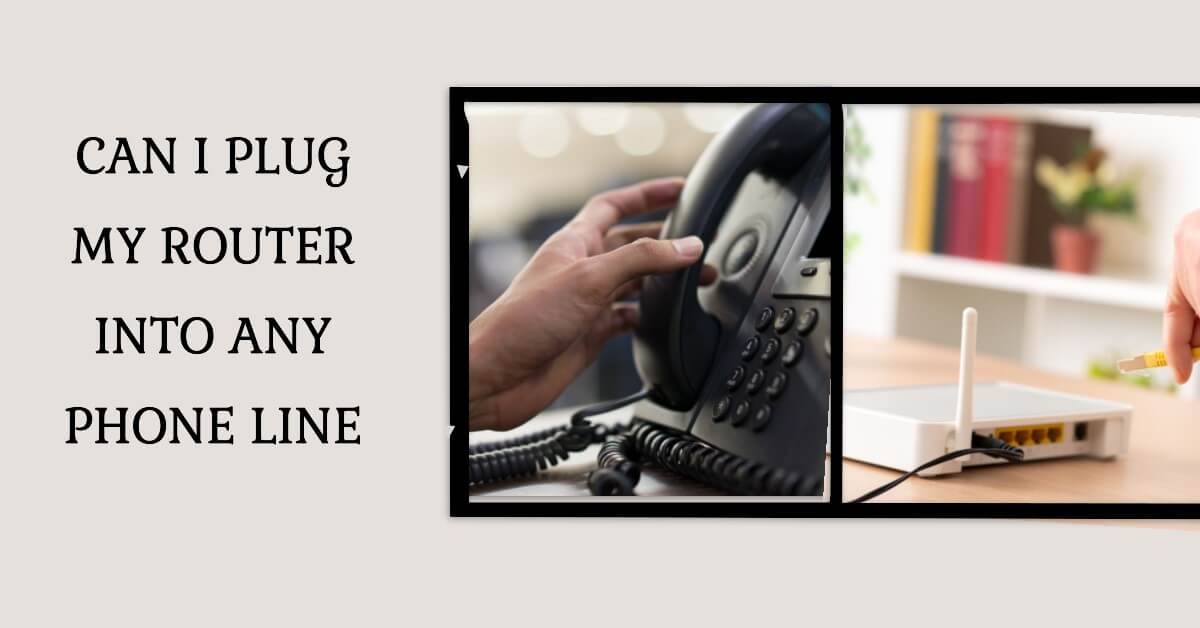

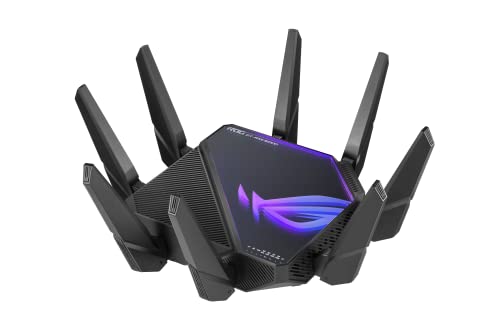


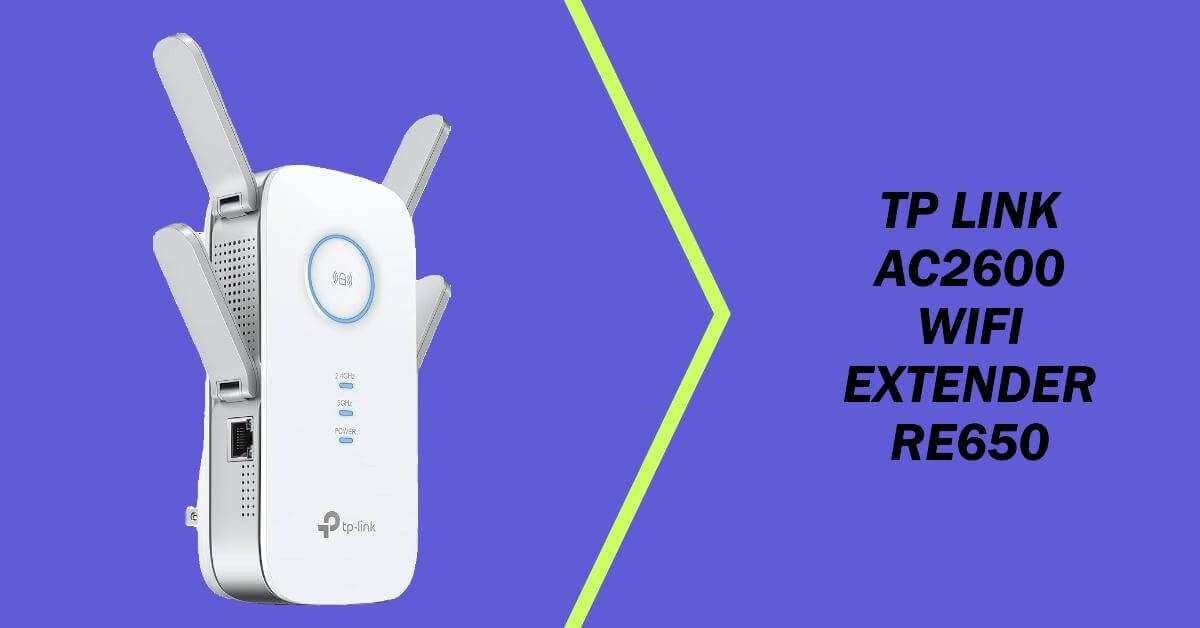
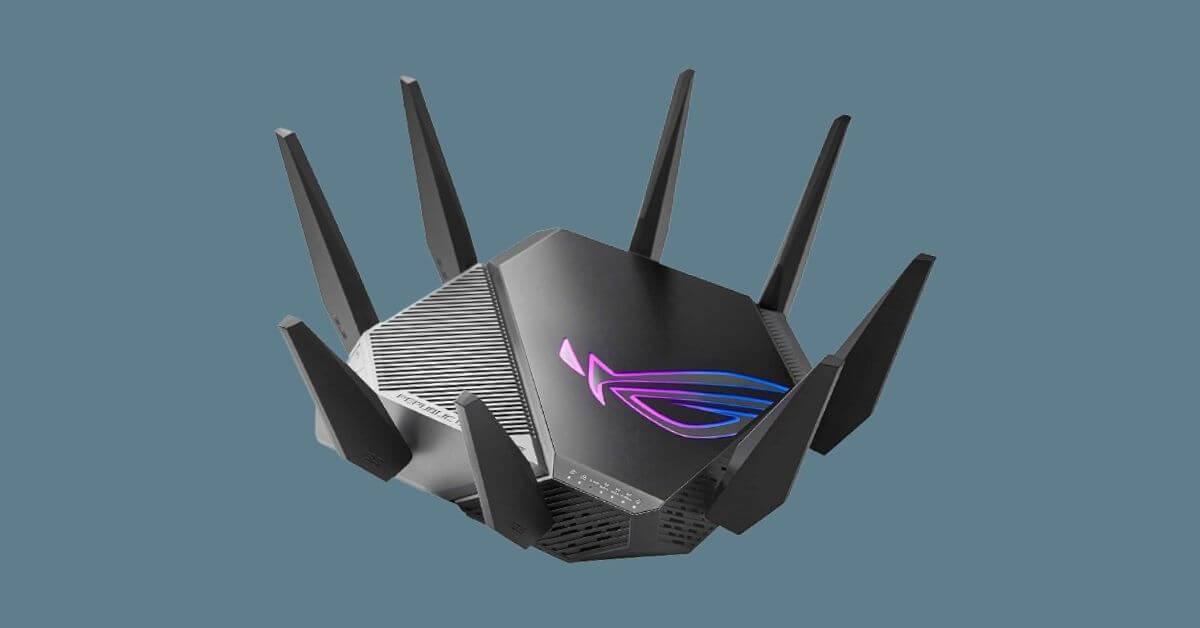
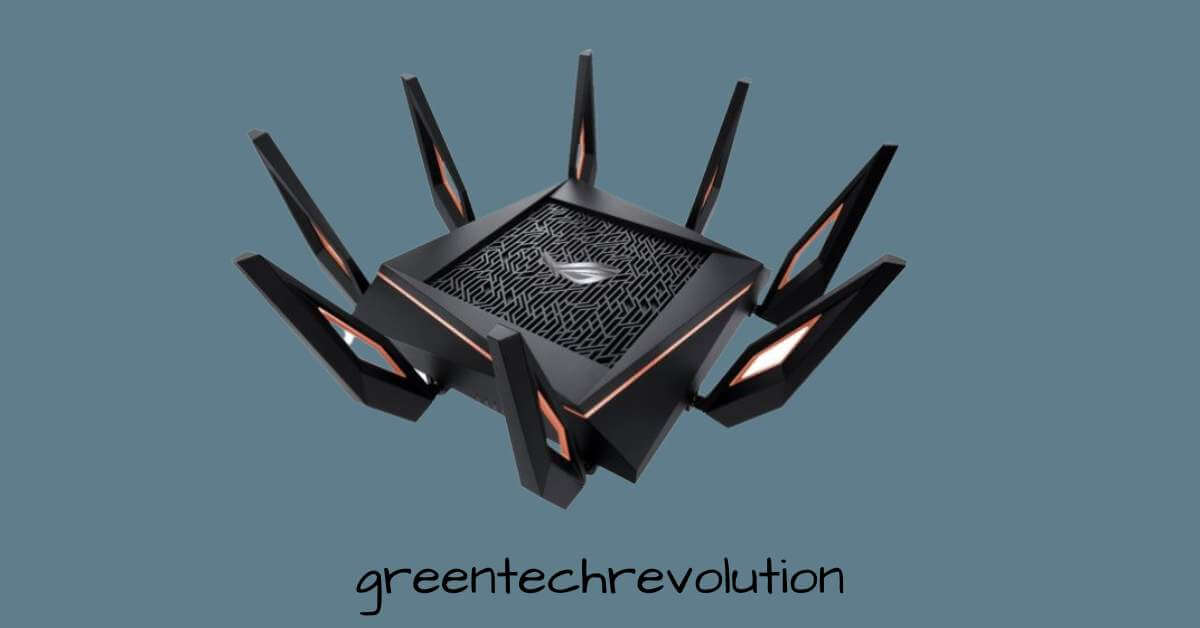
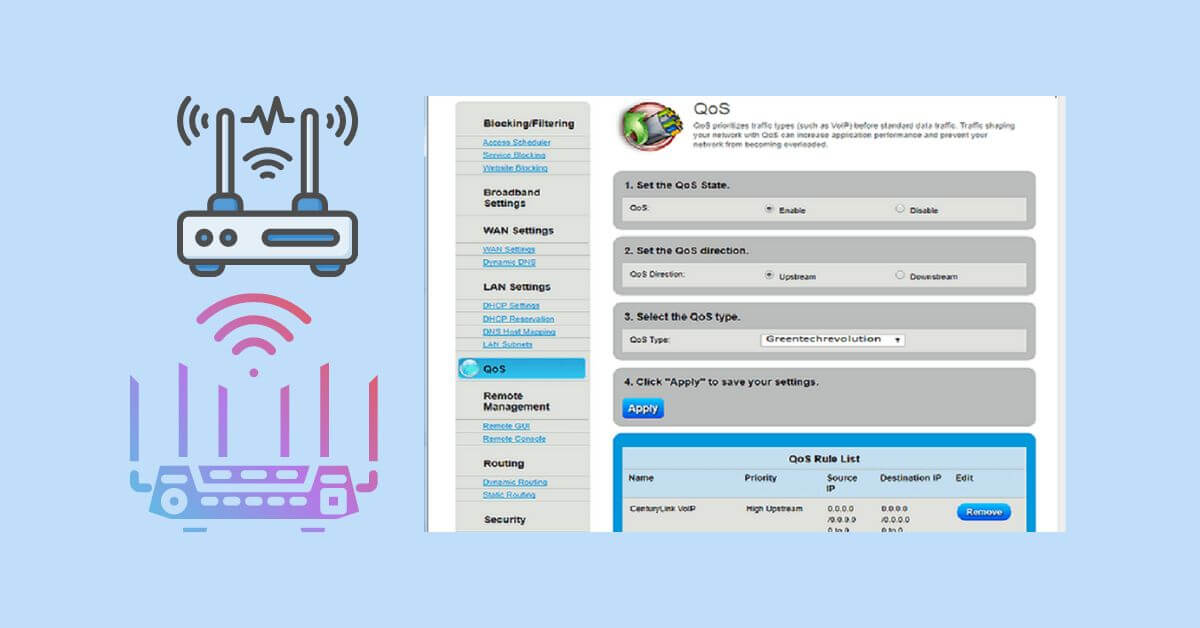
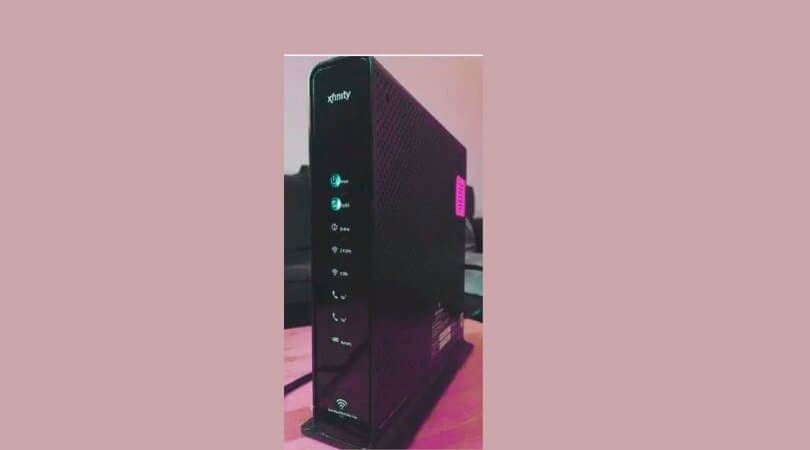
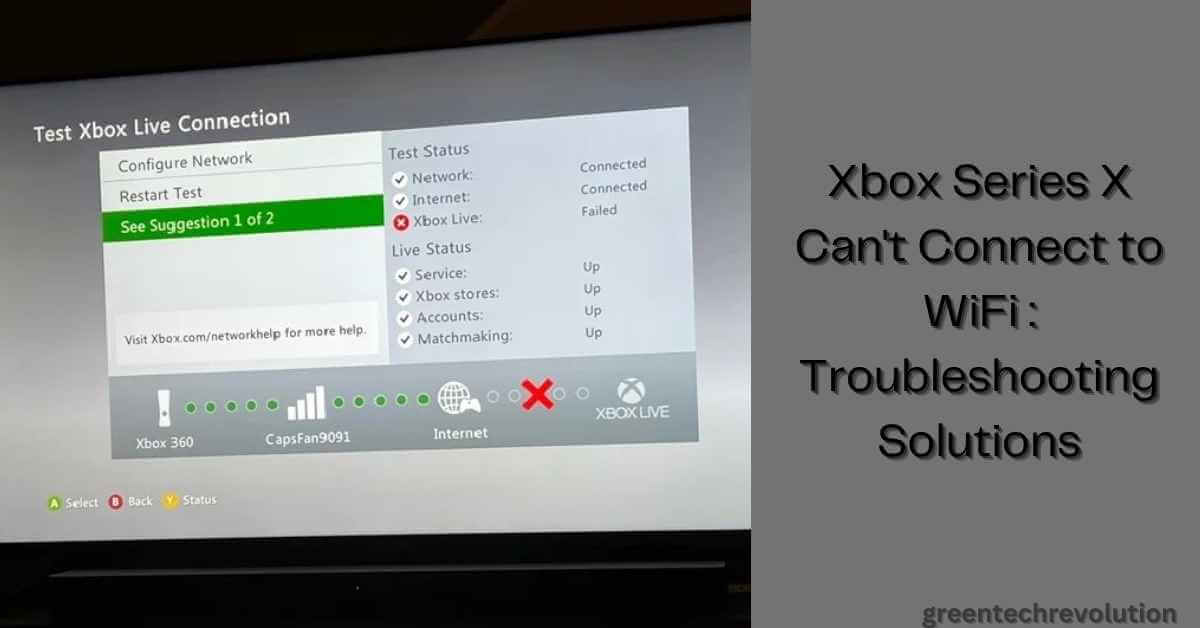
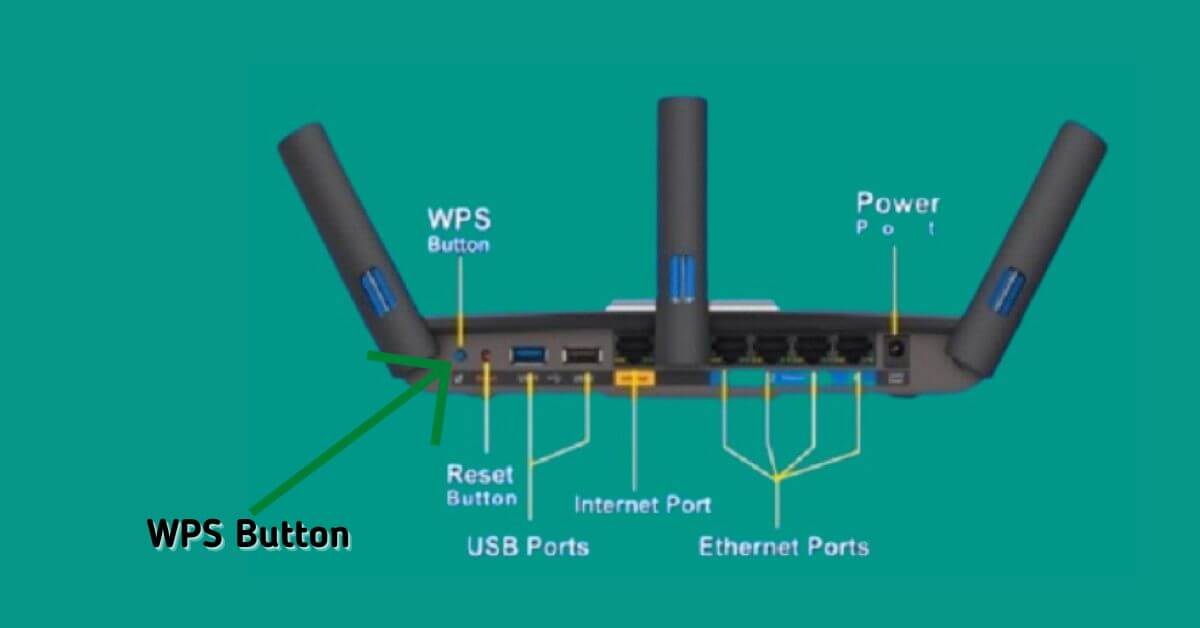
Leave a Reply
You must be logged in to post a comment.